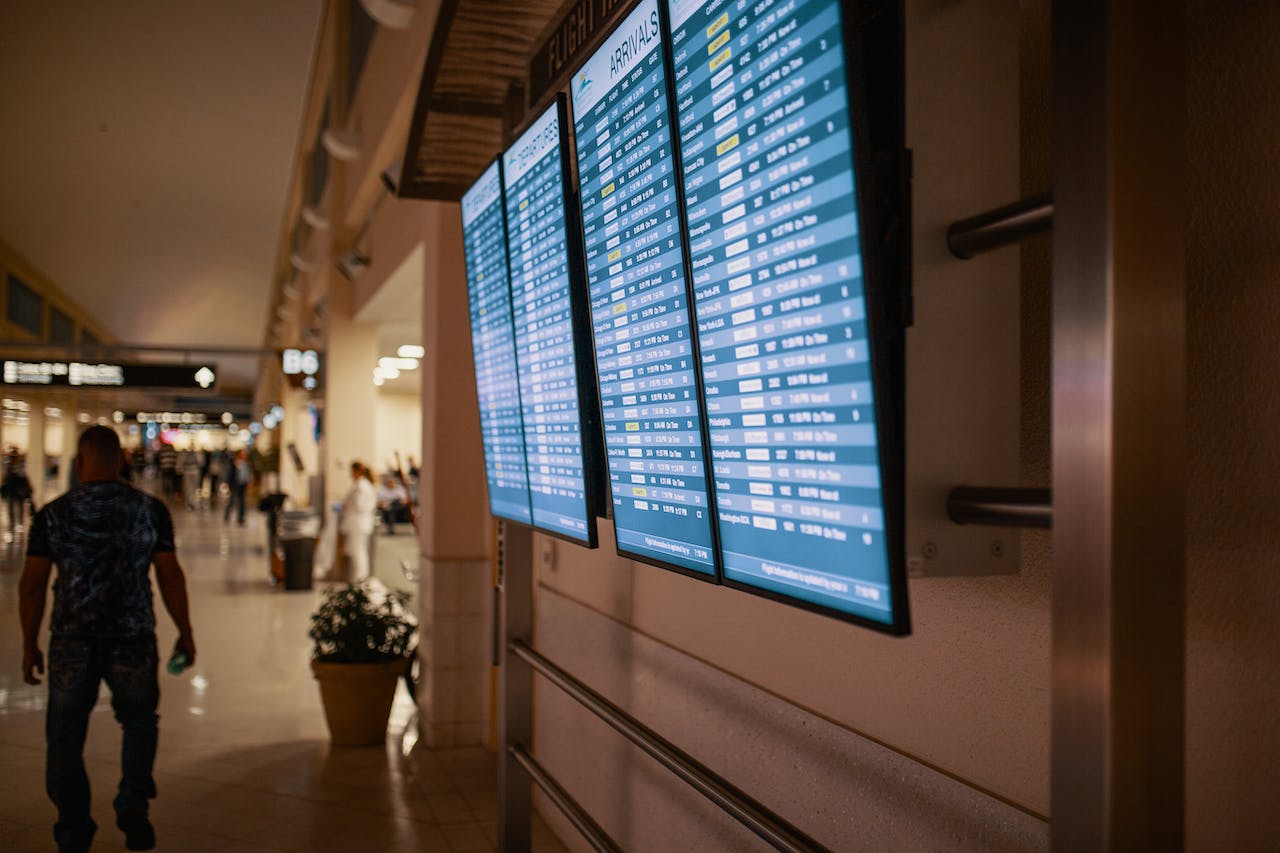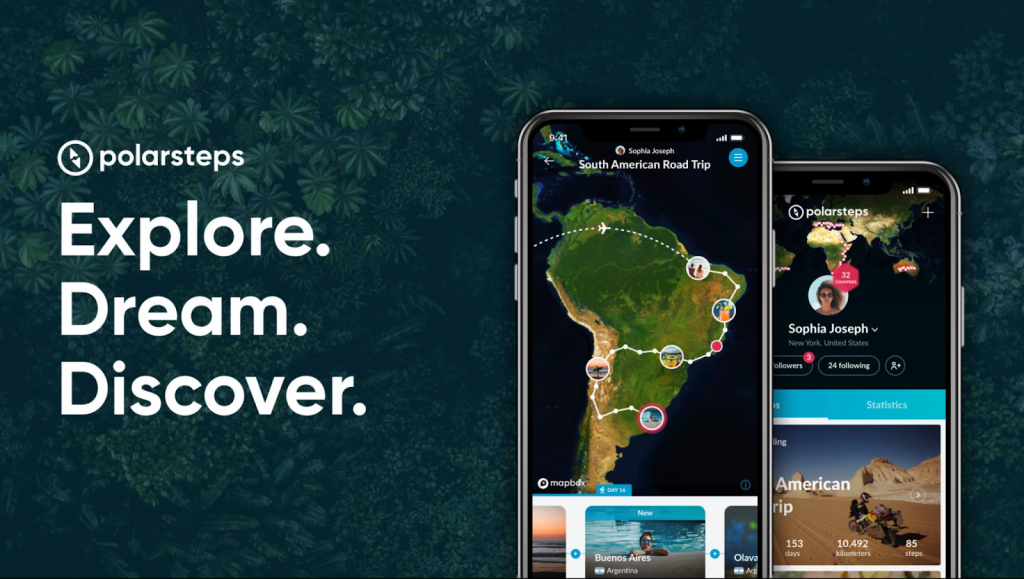The travel industry generates vast amounts of data from every facet of the business. Transportation companies are a cost intensive business and utilizing data points to streamline operations and create more efficiencies can save organizations a significant amount of time and money. The travel business from the consumer side is a fiercely competitive market and travel providers can also use data to optimize product and service offerings while maximizing revenue per transaction. To stay competitive in the travel business, companies must adopt fast moving strategies such as data analytics to constantly optimize processes and maximize use of resources to drive profitability. In the current technological era, travel is a data driven business and taking the leap into AI powered technologies can give organizations that competitive edge.

A Quick Background on Artificial Intelligence (AI)
Artificial Intelligence (AI), while cutting edge in this technological era, is not a new term and harks back to Alan Turing’s Computing Machinery and Intelligence, first published in 1950. “The father of computer science” posed the question, “Can machines think?”. Fast forward to 2024 where users can open an AI powered assistant on their mobile device and Mr. Turing would surely be impressed with AI’s evolution. But what exactly is AI? A simple definition:
- Artificial Intelligence is a field that combines computer science (programming) with large data sets (information) to solve problems and predict behavior
While this may sound daunting, when considering the speed at which computers can process information, AI powered infrastructure can be more of an asset for business than a concern. AI functionality is already proving itself valuable to the travel industry as technologies help companies operate more efficiently and market products and services more effectively.
AI and the Travelling Consumer
The launch of OpenAI’s ChatGPT platform opened the floodgates for virtual assistants and the travel industry adopted the technology early in consumer facing applications. Users can open an AI powered chat window when using Expedia and ask for advice or recommendations while shopping for travel. AI technology can also help travel advisors. Technology firm Nicer creates AI powered tools specifically designed to help travel advisors maximize sales and perform tasks more efficiently. AI can also offer competitive advantages by:
- Creating customer tailored experiences that are profitable
- Offering marketing optimization with real time decision making
- Tracking client behavior and make predictive offering and marketing adjustments based on past data
- Delivering dynamic pricing models that take into account market and competitive conditions
- Providing on-the-go support to clients during a trip
The travel industry has been quick to adopt AI technology on the consumer end of the business but there are still many possibilities and applications for this cutting edge tech.
Letting Machines do all the Work
AI can also benefit the back end of travel operations where cost and time savings are critical for driving profitability. The SITA Air Transport Insights 2023 report indicated that 64% of airline technology executives were planning significant investment in AI powered infrastructure. For airlines specifically, high cost operational facets such as fuel purchases and delivery, route scheduling and equipment maintenance could be managed by technology that could identify the most cost effective and efficient way to facilitate these processes. AI can even help human air traffic controllers focus their attention on real time events by taking over repetitive and administrative tasks. Hotels and resorts can adopt AI technologies for behind the scenes operations. Facilities management and food inventories can be monitored by technology and changes made instantly to ensure the most efficient and cost effective operation. Predictive decision making could save significant dollars in food and energy waste. With tightening margins and increasing costs and competition, travel providers can utilize AI technology to sharpen operations and reduce overhead costs.
AI is Becoming a Permanent Fixture in Technology
The travel market has always been a fast paced and emotionally driven business. Modern technologies that ‘learn’ can help travel businesses make faster decisions that could lead to greater efficiency and cost savings. The consumer end of the travel business can also benefit from AI powered technology by accurately predicting trends and future purchasing behaviors. Travel providers can offer the most appropriate products and services to the best possible audience, maximizing each client engagement and driving revenue. Real time and predictive decisions can also benefit data security processes and infrastructure, providing an extra layer of security and peace of mind to travel operators. AI is a buzzword in technology circles but hype aside, with further innovation, AI could be a game changer for the travel business, bringing an unprecedented level of data handling capability to the market.

